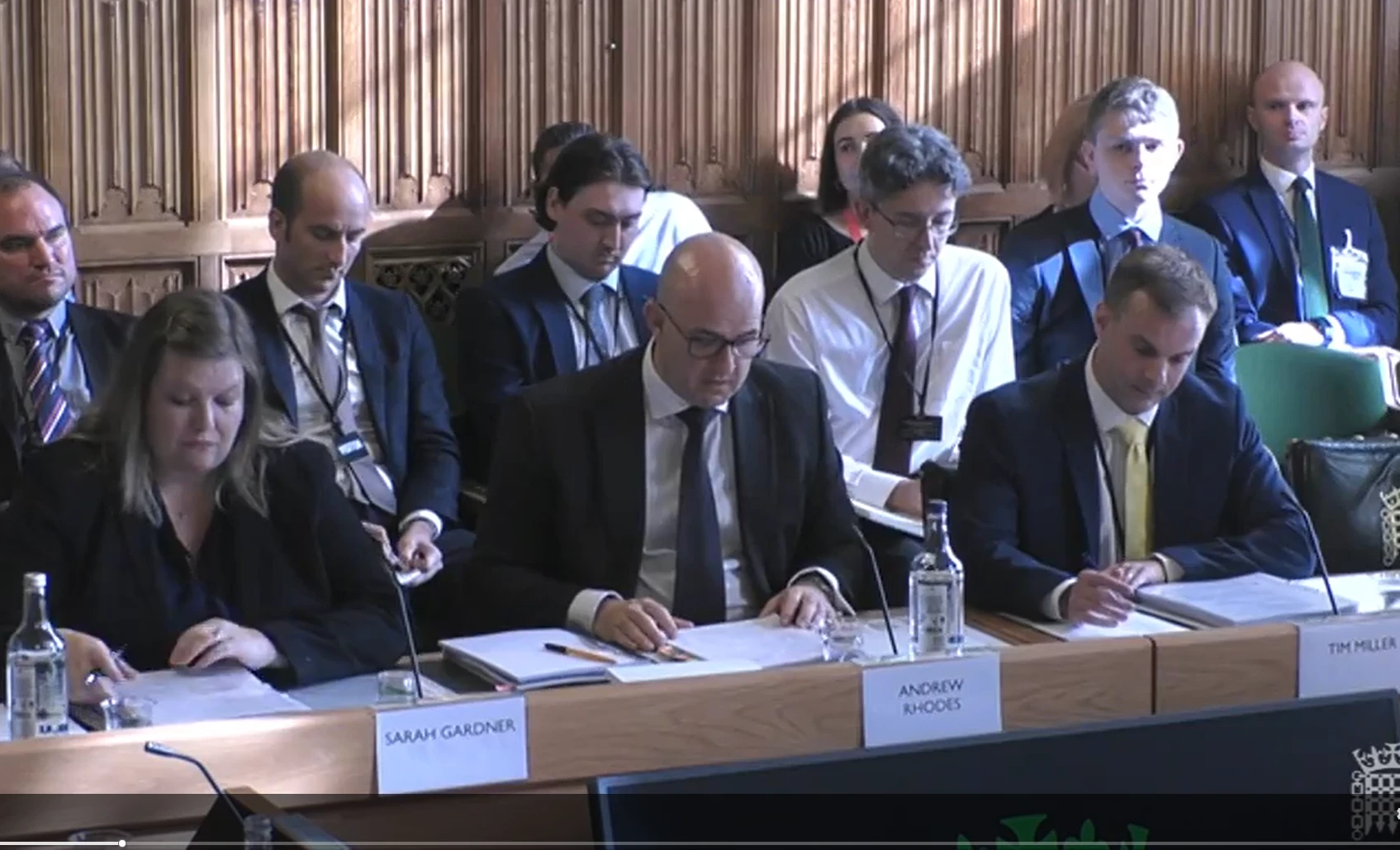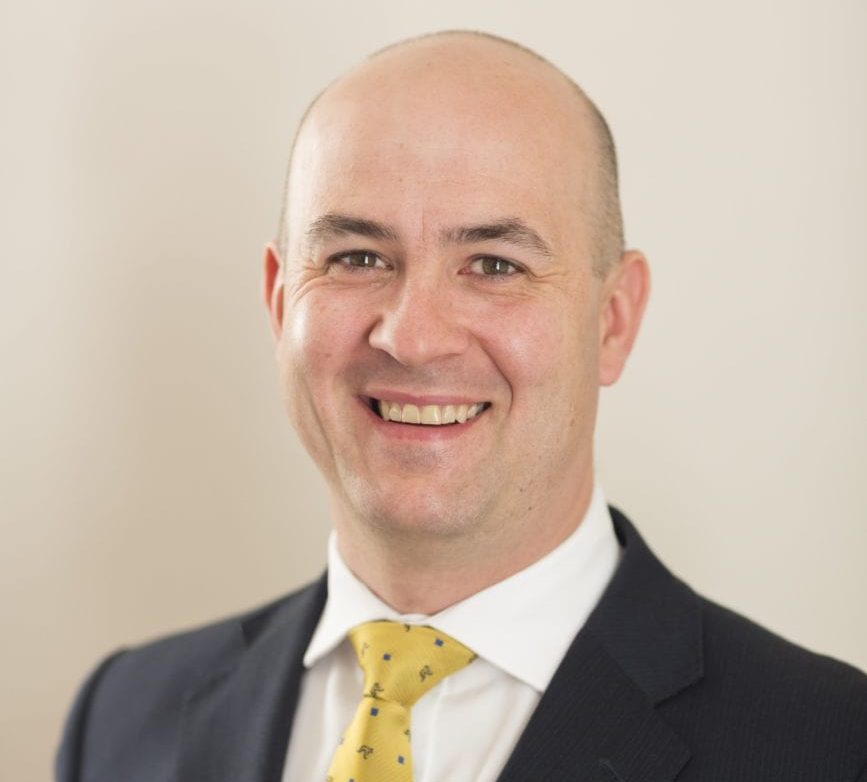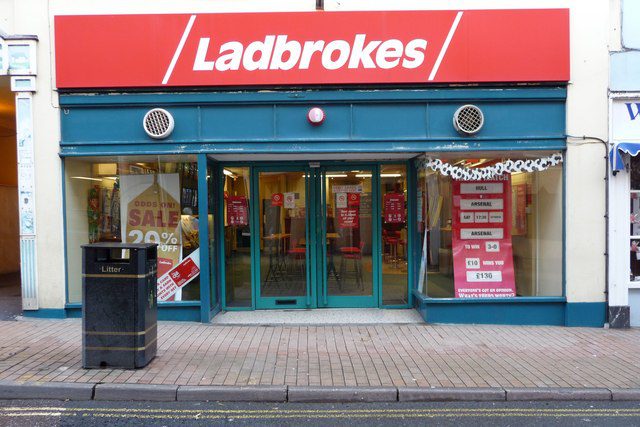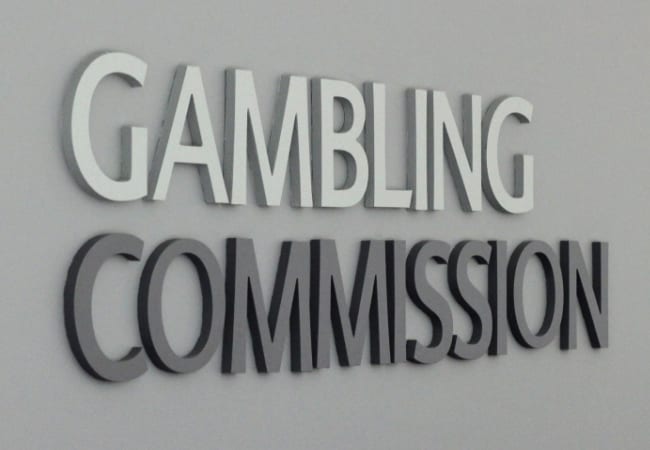Affordability checks dominate consultation responses, says Rhodes

Rhodes is the latest figure involved in the UK gambling policy debate to give evidence in the Department for Culture, Media and Sport (CMS) Select Committee hearing on gambling regulation.
“We’ve had around 1,500 responses to the consultations thus far,” said Rhodes. “Most of those, if not nearly all of them, are under the area of financial risk checks, which is the most challenging part of what we’re doing at the moment.”
Gambling Commission executive director Tim Miller said the regulator will quickly be moving on to the next set of consultations, which are to be published in the winter.
“The secretary of state gave a fairly clear steer that she wanted the white paper to be implemented at speed and I think it’s fair to say we were quick off the blocks at getting that first set of consultations out there,” he said.
Gambling Commission gives evidence to Select Committee
Since the publication of the Gambling Act review white paper in April, the Commission has been involved with consulting with stakeholders on many of its provisions.
The GC launched the first set of consultations for the white paper in July. These first four proposals comprised age verification requirements on premises, online games design, direct marketing and cross-selling and financial risk as well as vulnerability checks for online operators.
Financial risk checks, often dubbed affordability checks, have proved to be among the most controversial provisions of the white paper.
Rhodes warns against rushing consultations
However, despite this emphasis on speed coming from the ministerial level, Rhodes warned against rushing the process.
“In order for us to do our jobs correctly, the consultations have got be meaningful,” he said. “We can’t simply have the illusion of consultation. If we did, we would leave ourselves open quite rightly to legal challenge.”

As such, he said the consultation “will be what it will be”.
“We already know from some of the lobbying… most recently that there will be some very precise issues that people object to.
“It’s difficult for us to say exactly when everything will be implemented, because we need to go through the consultation properly, but I’m pleased we got those out exactly when we said we would and we’re progressing through them.
“The really detailed responses will come normally at the end when all the different parties have had time to consider. They will want to submit evidence, they will want to submit research and we will need to see what they said”.
Rhodes defends Commission’s record on enforcement
In his evidence to the Select Committee, Rhodes said the gambling industry is neither “terrified of [the Commission]” nor does it simply shrug off enforcement action.
As evidence, he pointed to a November 2021 speech at a GambleAware conference. On that occasion he said the regulator would be focusing its energy on repeat offenders, due to some operators beginning to see fines as a “compliance tax”.
“These are gambling operators we have seen for a second or, God forbid, a third time,” Rhodes said to the Select Committee. Since then, the Commission vowed to escalate penalties “and that’s exactly what we’ve done”.
The past 18 months have seen the regulator issue record fines and regulatory settlements to gambling operators for social responsibility and anti-money laundering failures.

This includes the £17m regulatory settlement agreed with Entain in August 2022, and the record £19.2m fine William Hill was hit with in March this year.
“The penalties we have put in place have caused the industry some real distress,” said Rhodes. “The industry has not done itself any favours in recent years with some of the cases that we’ve seen.
“And in all of the examples I’m talking about, the operators have accepted that there were breaches and failings and that the operators need to put it right.”
Commission says more money needed for future projects
The Gambling Commission also faced questions at the Select Committee as to whether, considering the extra workload the consultation process represents, it might require more resources.
The regulator is currently funded through licence fees paid by gambling operators. Rhodes said this funding has fallen in real terms in recent years since it has not been adjusted for inflation.
Although Rhodes said he was happy with the current level of funding for all the consultation work, he argued the Commission’s future projects would require more funding if the workload was not met.
The government also committed in the white paper to review the Gambling Commission’s fee structure, a development Rhodes told the Select Committee he was “really pleased” with.

“We’re an organisation of 351, we’re not a large regulator and we regulate the largest online gambling industry in the world,” he said. “So if we’re going to do more complicated things around regulation, that will require more resources to do it.”
Black market risk “overstated”
During the hearing, Rhodes repeated his belief that the risk from the illegal market was “overstated” in the UK.
“But I don’t think there is no risk,” he said.
In particular, he highlighted the trend of illegal gambling sites targeting self-excluded users as one area where the market is growing.
“Based on discussions we’ve had with research parties, including Yield Sec who the BGC have quoted in public, what we see happening is the growth is largely in targeting self-excluded people through online casinos specifically through ‘not on Gamstop’.
“And that is where we have seen the growth. It’s actually very difficult for illegal operators to get access to the UK market, because it is so competitive and the channelisation is so high.”
